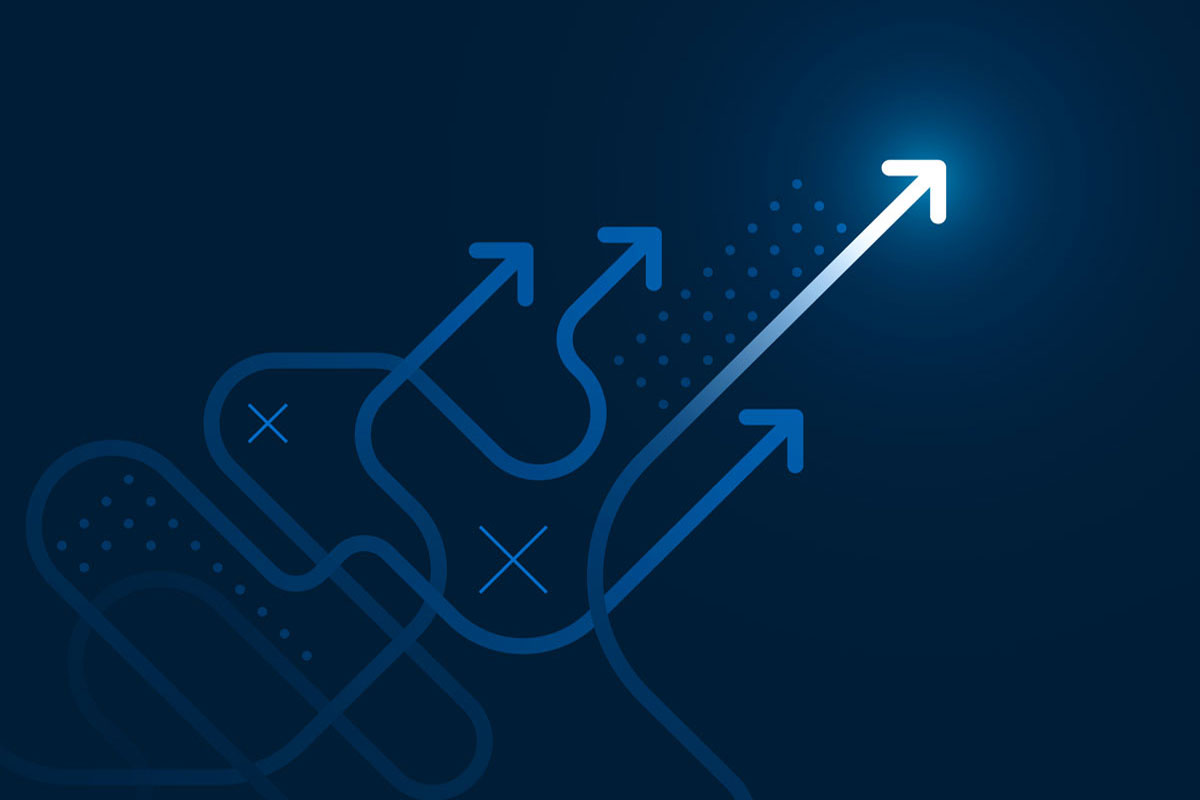
Martin Heffron
Executive Director
Data is the mother of all knowledge and as we all know - knowledge is power.
Humanity is defined by data. It is the currency through which we are revealed both individually and collectively. The data that defines us is our most private thing. Human data provides the collectors and possessors of that information with power that can be used to influence and impact us for many purposes.
We would all rather give our individual data to those who are simply trying to help us. For example, our doctors who collect data on medical conditions from us to diagnose our illnesses and advise on treatments. However, most of us also recognise that the data collected on our personal health can be used to create information that will be used by the medical and pharmaceutical industries collectively to develop new treatments and cures that will benefit humanity generally.
We also accept that governments collect personal data from us (usually through legislative fiat) to decide where to build new schools and hospitals (which is great) but also to impose taxation upon us to pay for those schools and hospitals (which isn’t always that great!).
Before the fourth industrial revolution was wrought by digital technology, data was often quite difficult to acquire, and information was therefore expensive to create. Usually, only governments had the resources and the influence to acquire enough of it to produce reliable, useful, actionable information.
This has now irrevocably and completely changed.
The power of the digital revolution enables previously unimaginable volumes of data to be collected and turned into actionable information with relative ease by many players – most of them commercial technology organisations.
So, what does all this mean?
It means the data that defines us (our likes, preferences and fears) is now available to almost anyone willing to pay for it – and they do. It clearly has great commercial value.
This phenomenon has occurred over an extremely short period. Facebook is arguably the most famous (or infamous) collector and possessor of digital data for commercial use and was founded two years after my youngest son (who is currently in year 9) was born. Facebook is not yet out of puberty and look at the power we have chosen to bestow. As the world’s greatest orator might have said:
“Never before in human history has so much wealth been created from so many, by so few, so quickly.”
As recent events have shown, the broader community has become more aware of this power but is still wrestling with the challenge of what to do about the free data we all give away.



